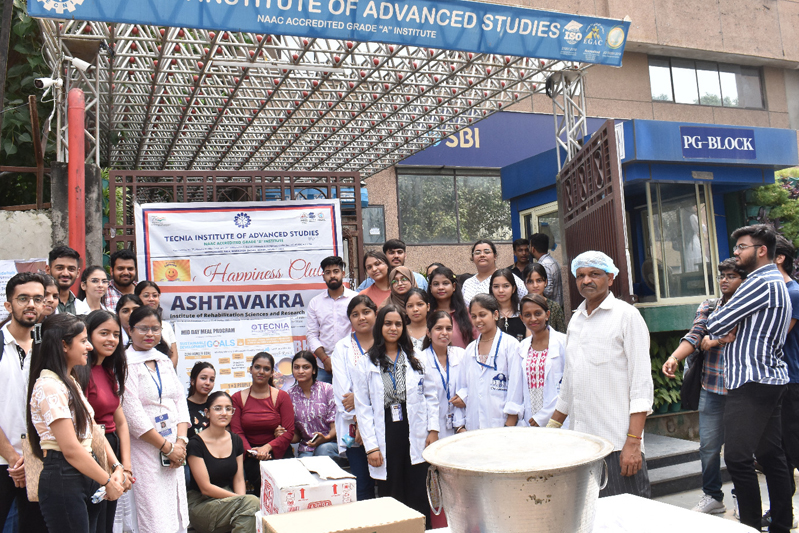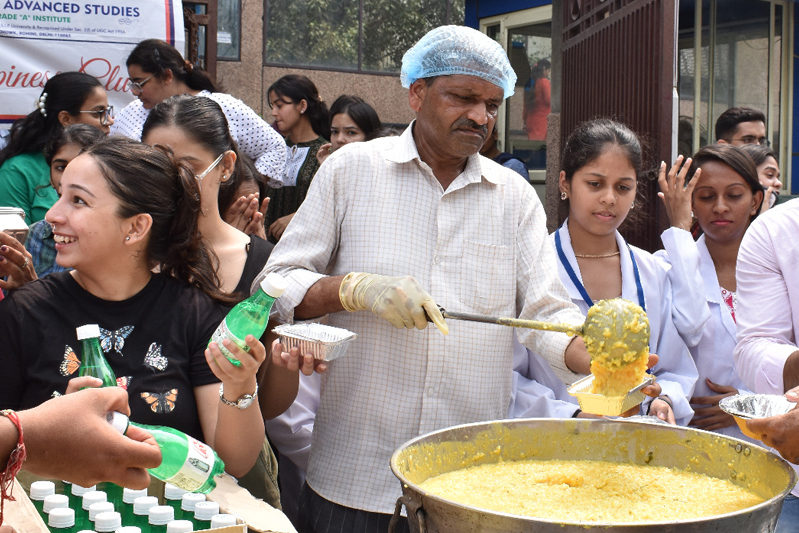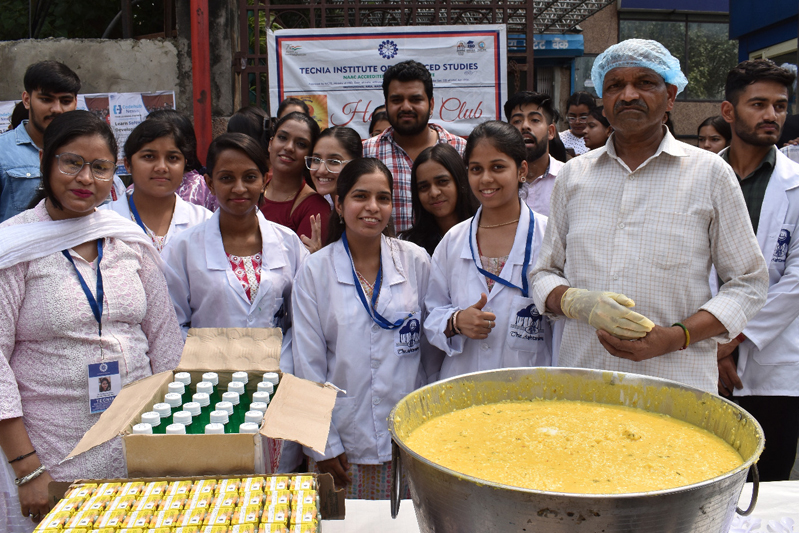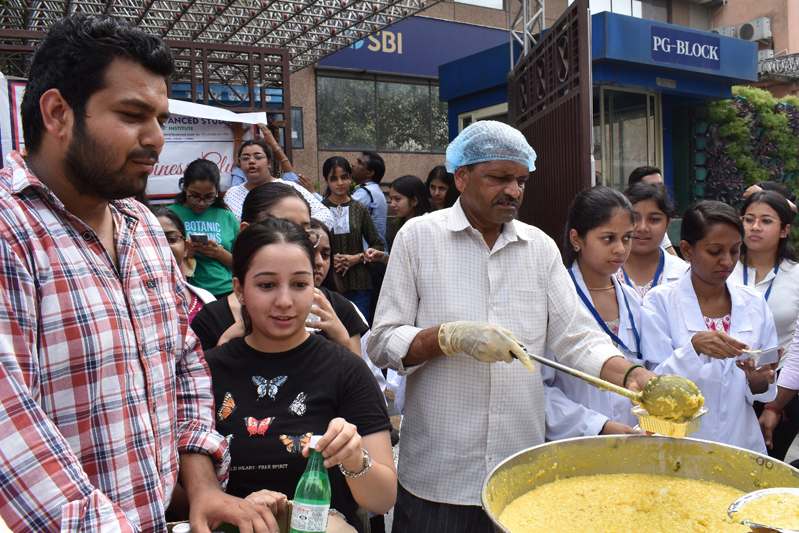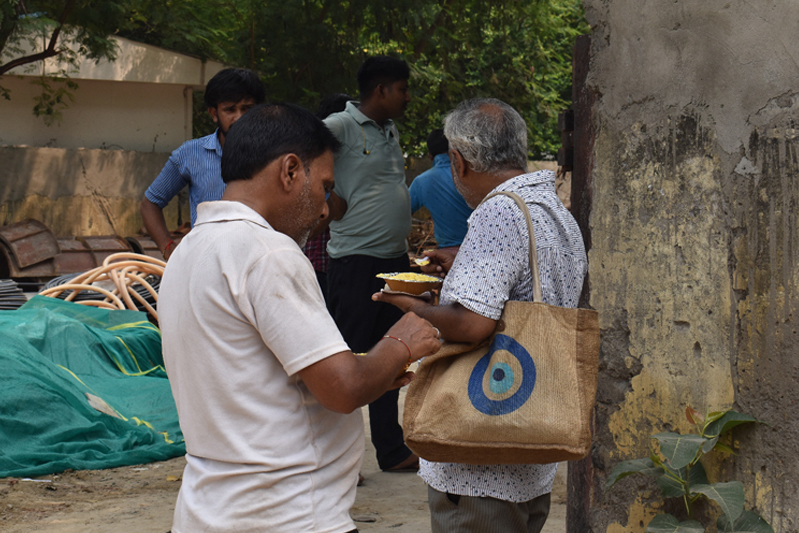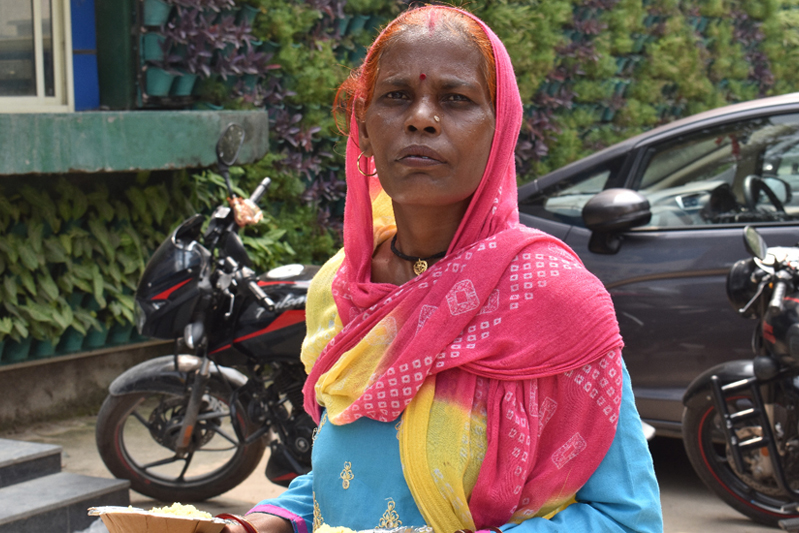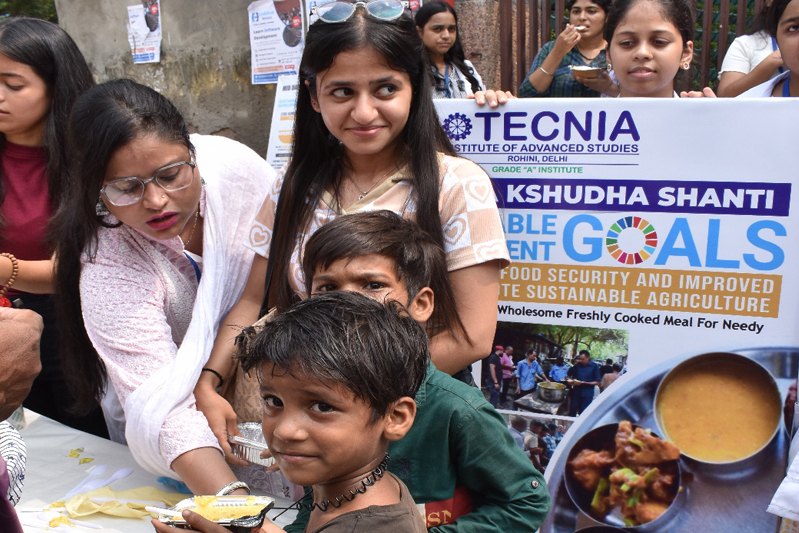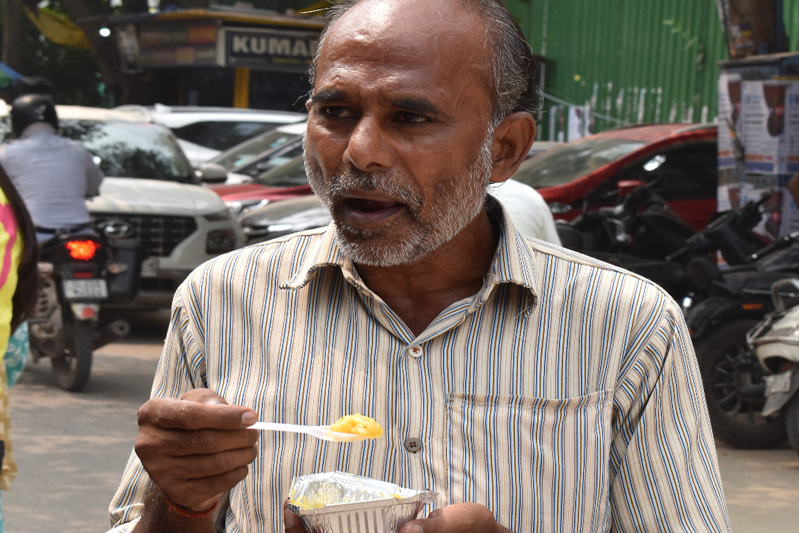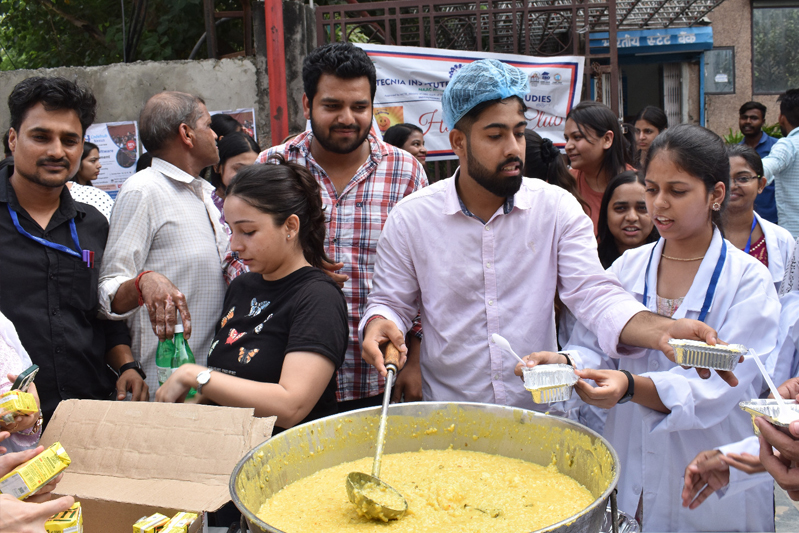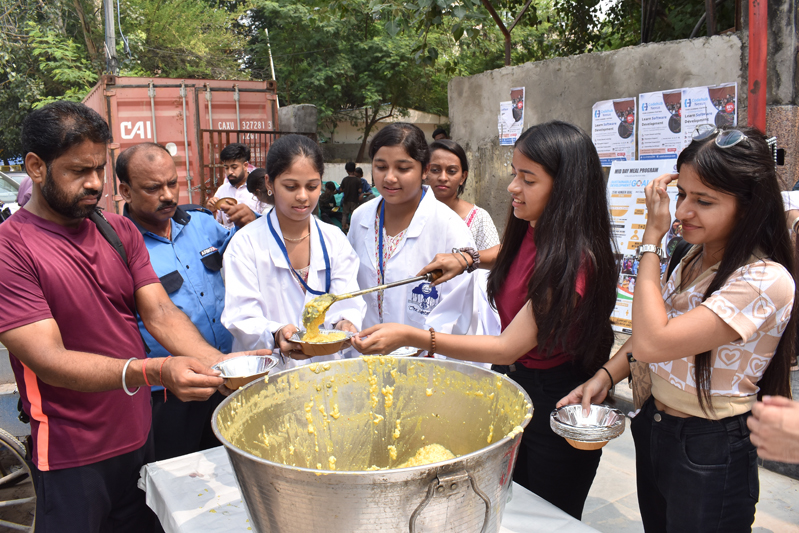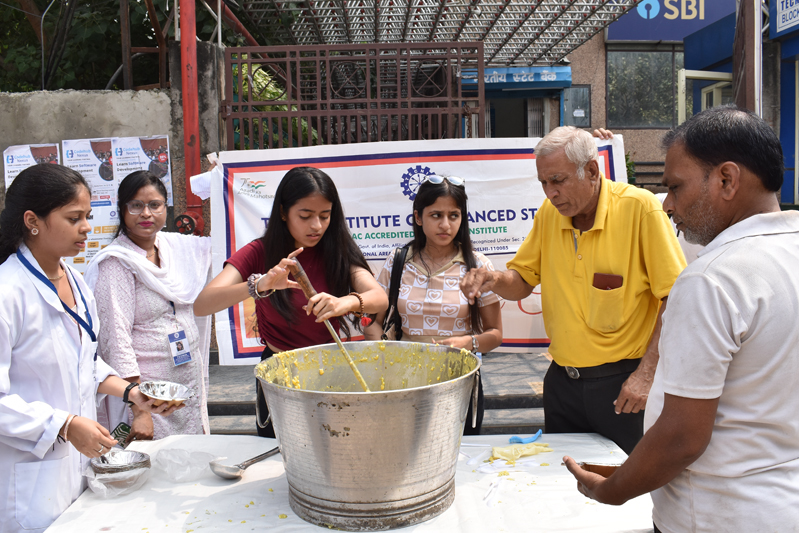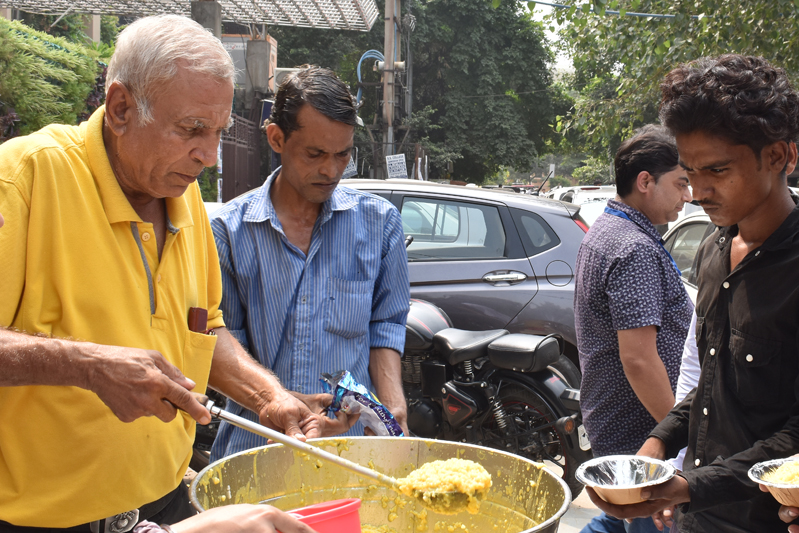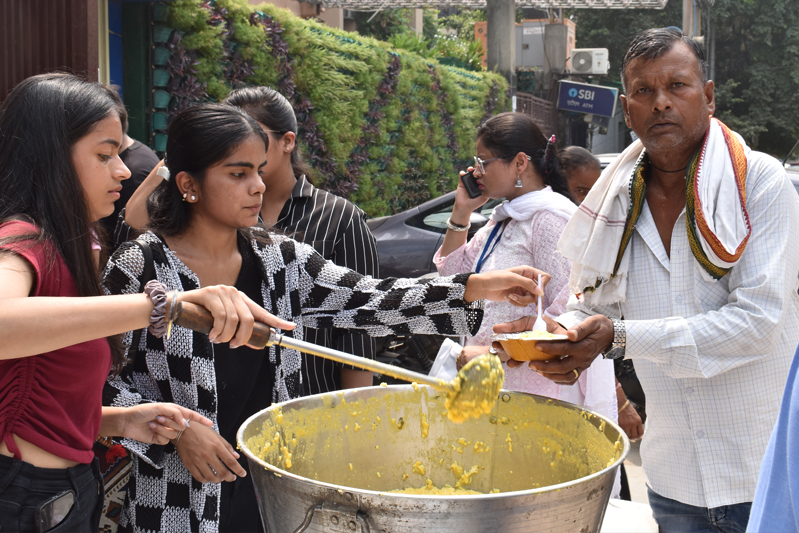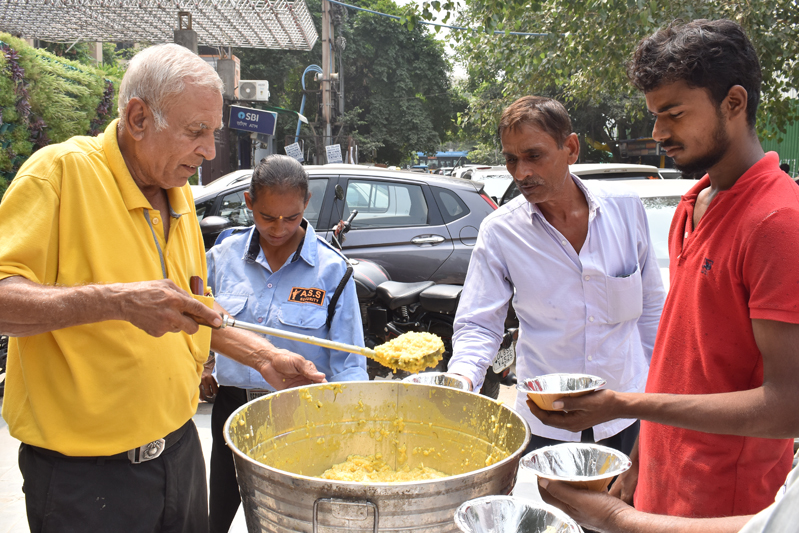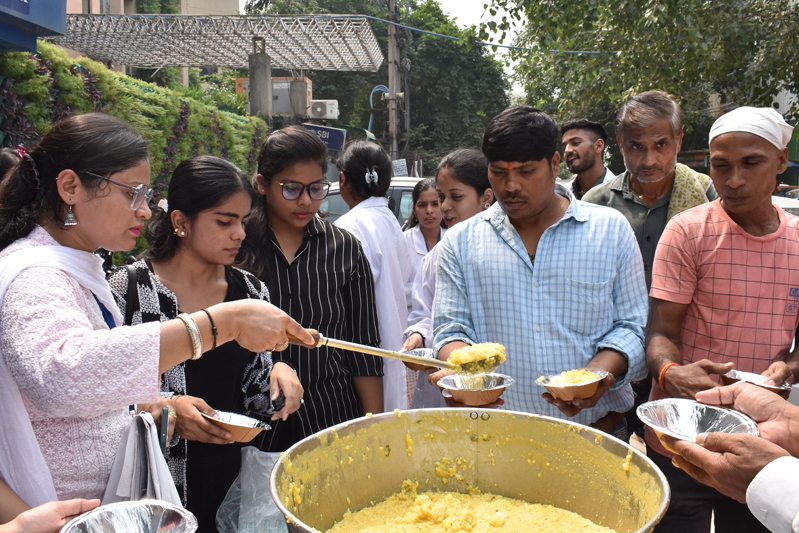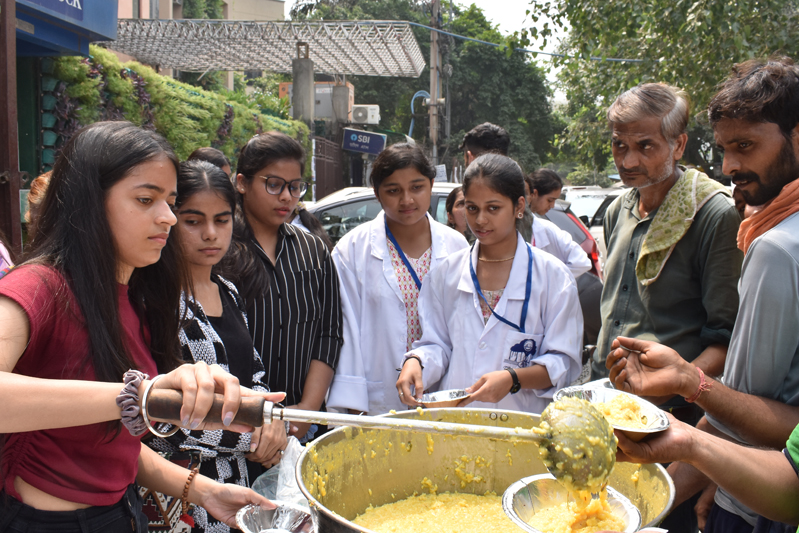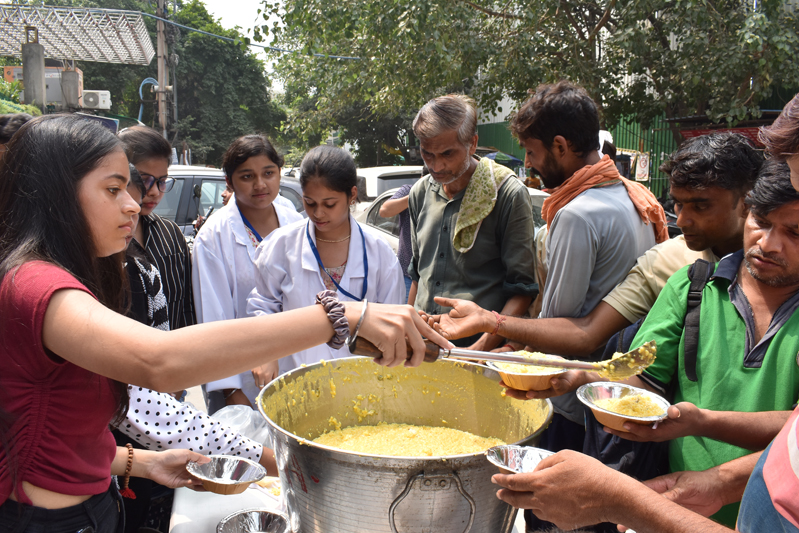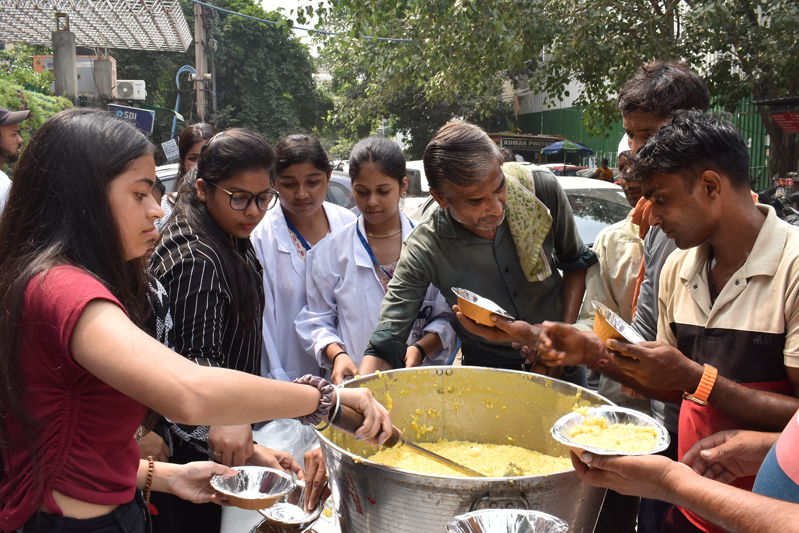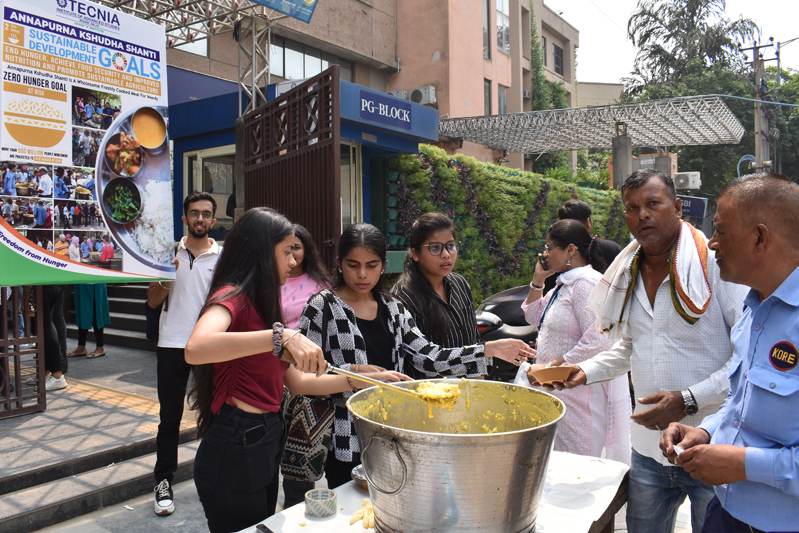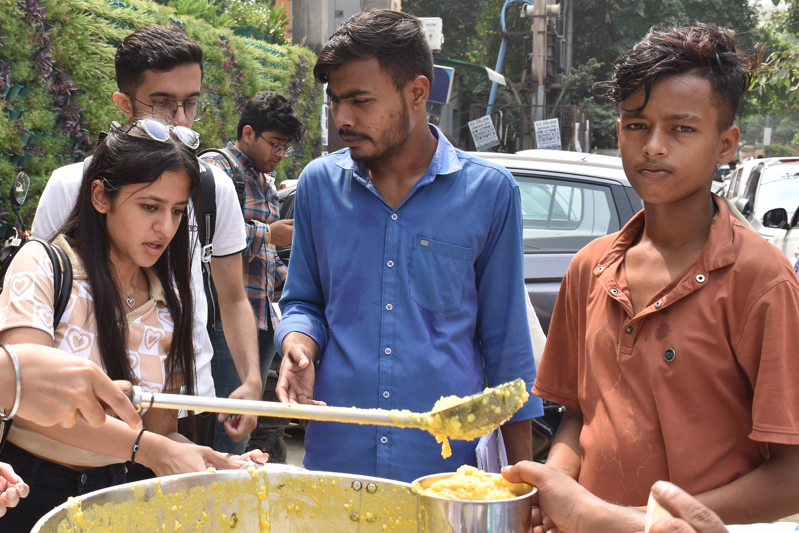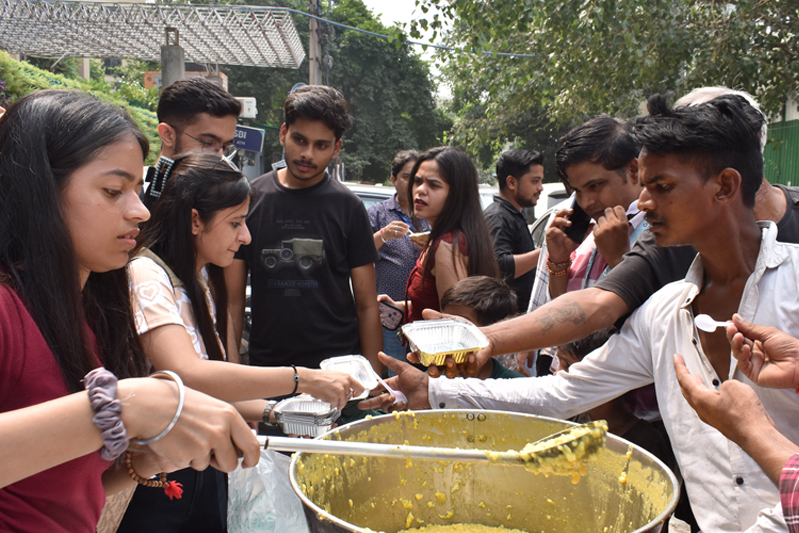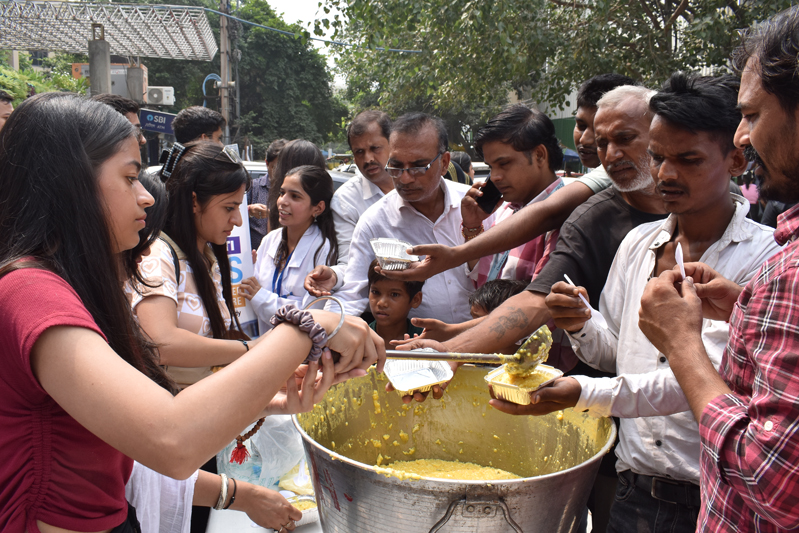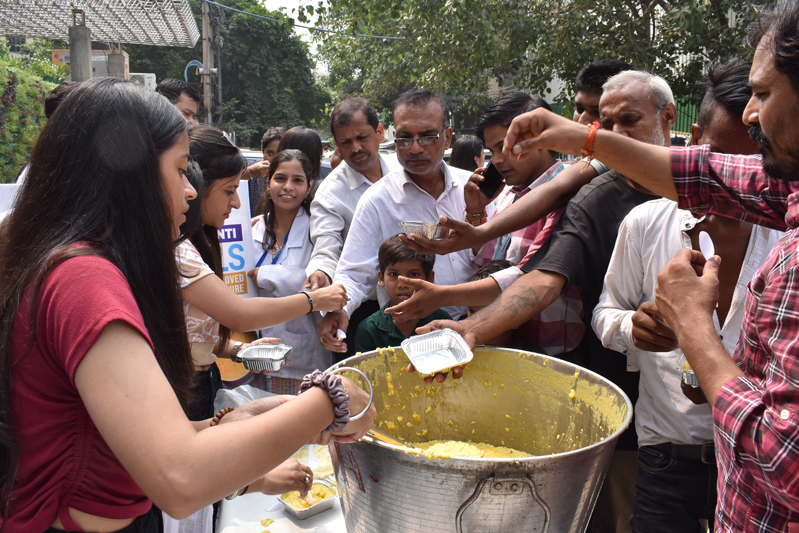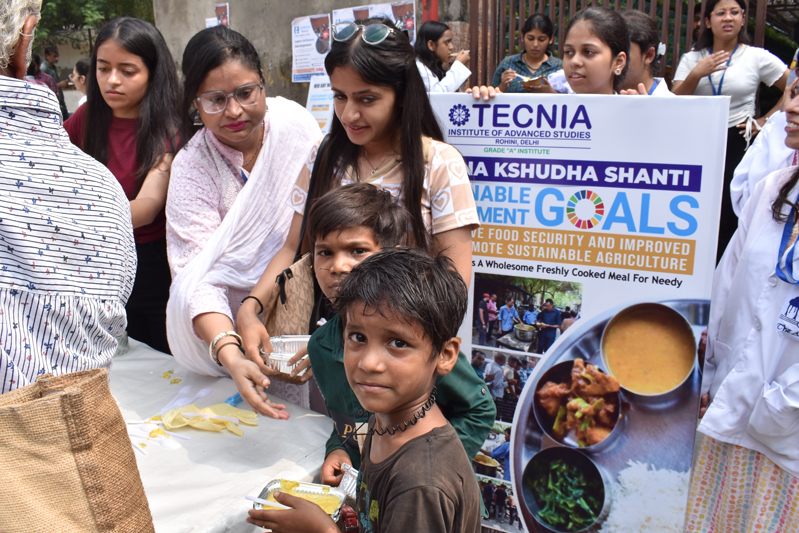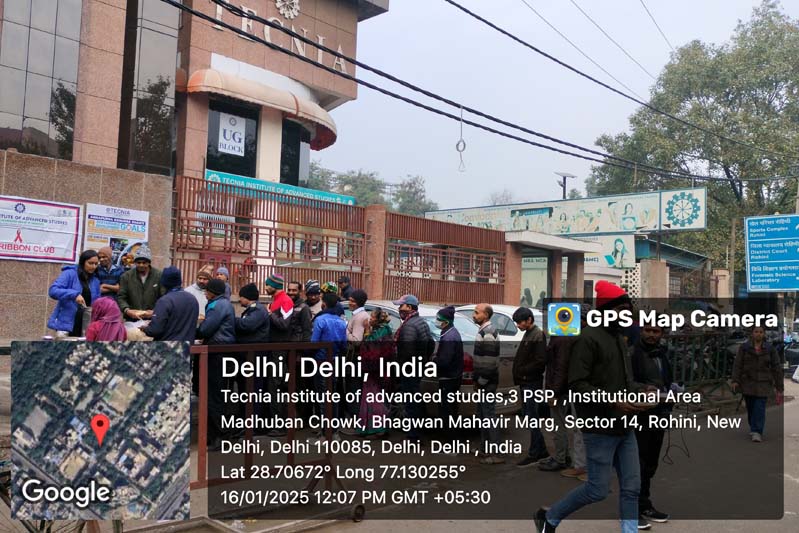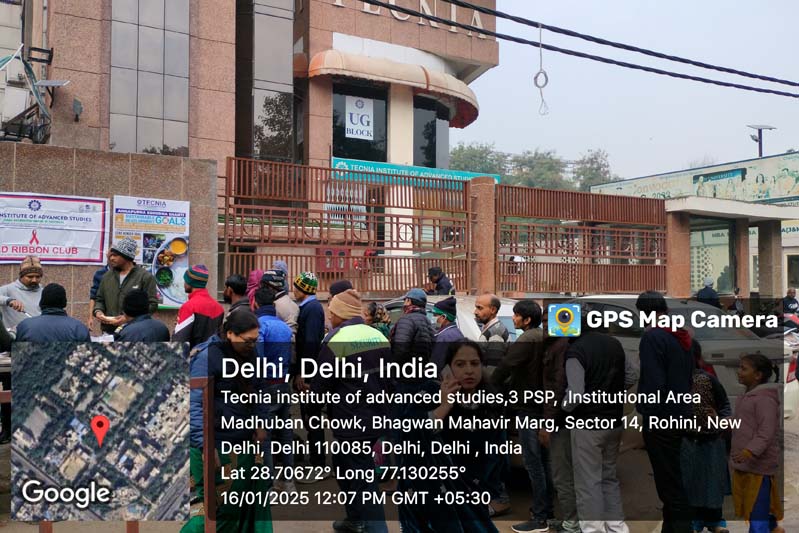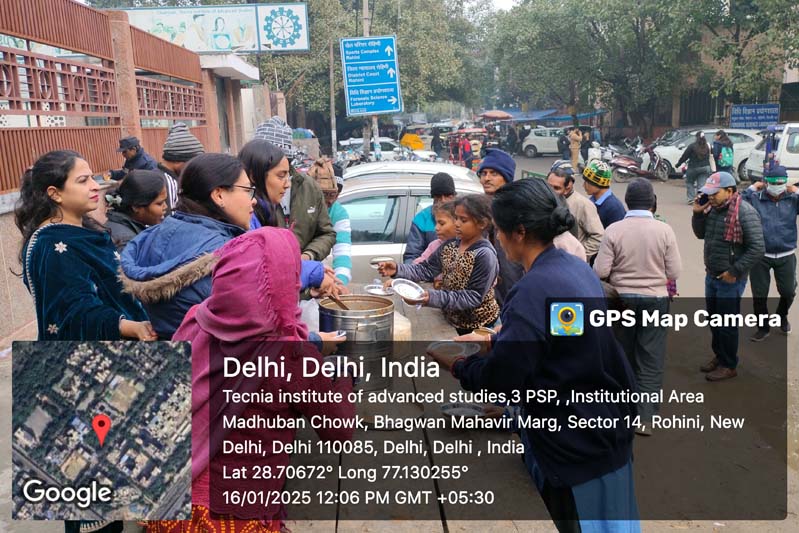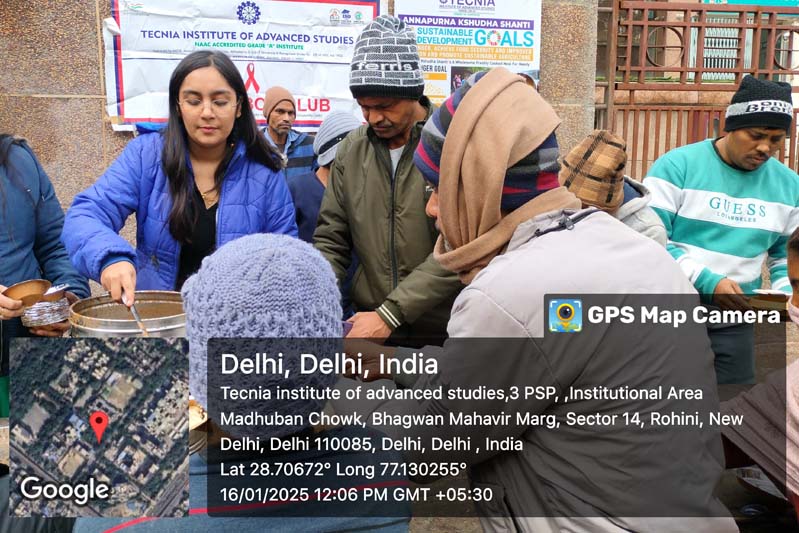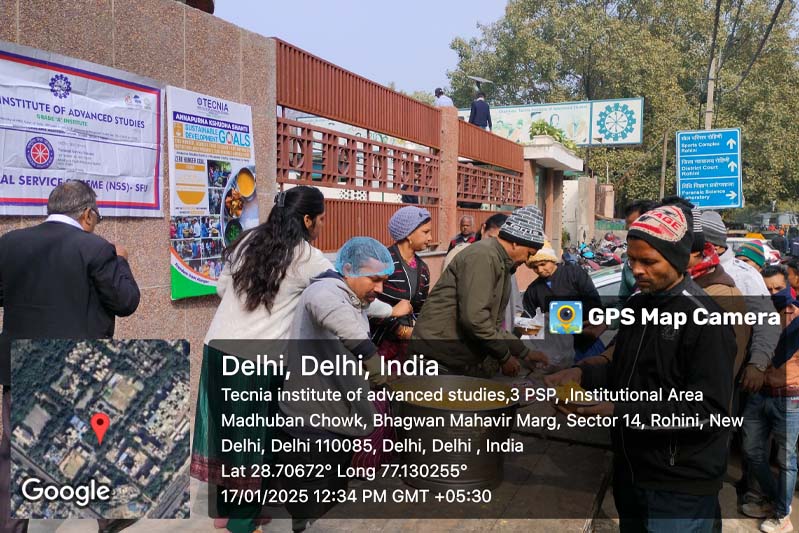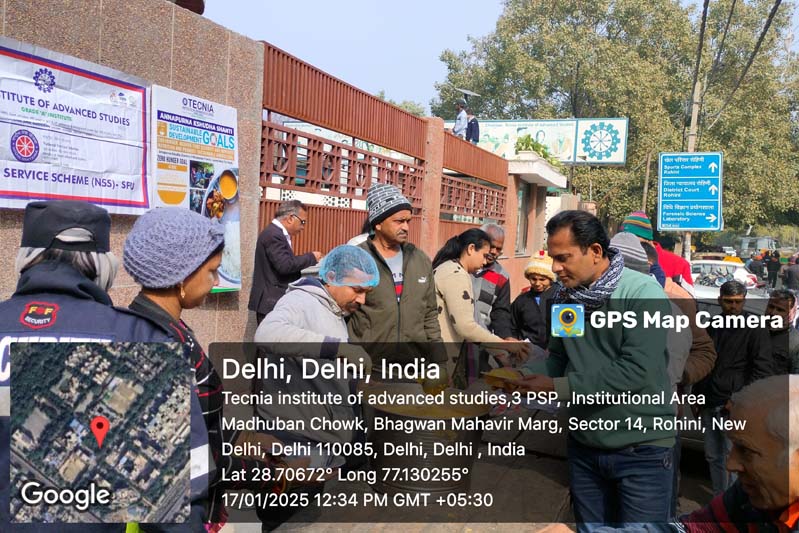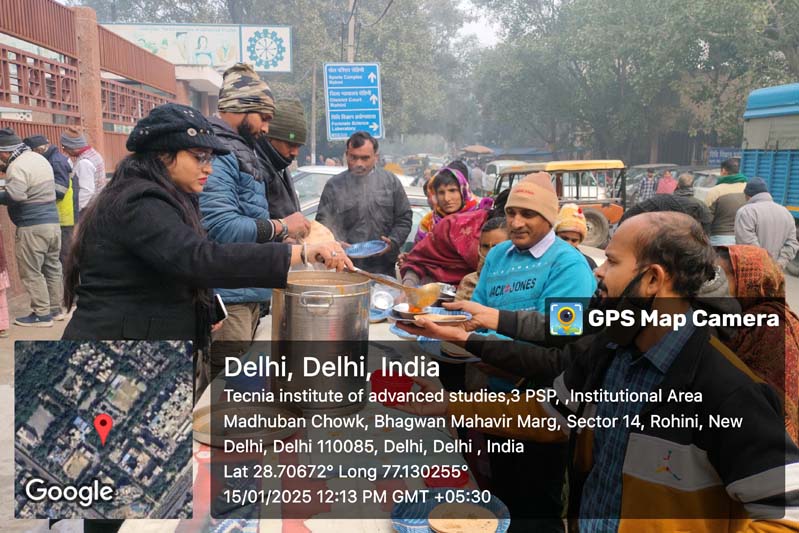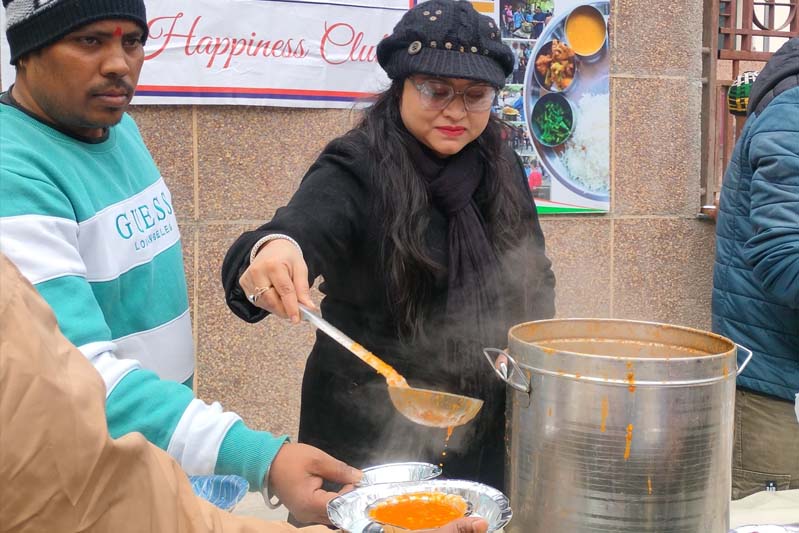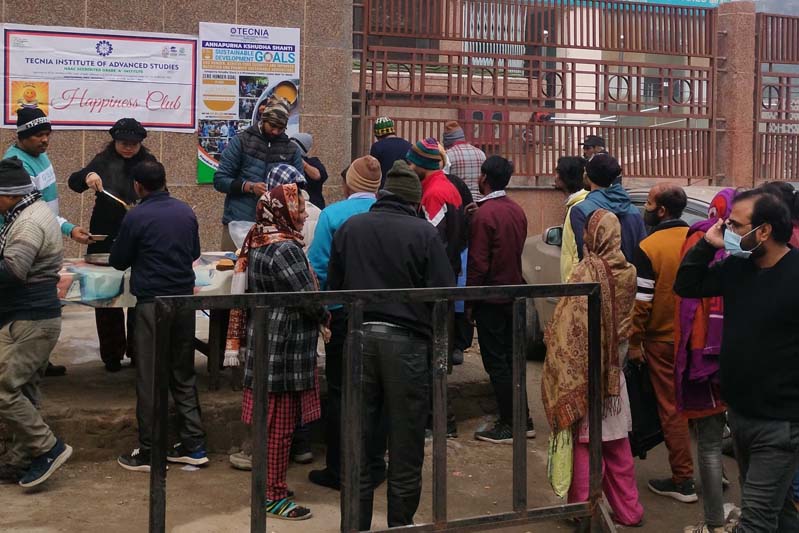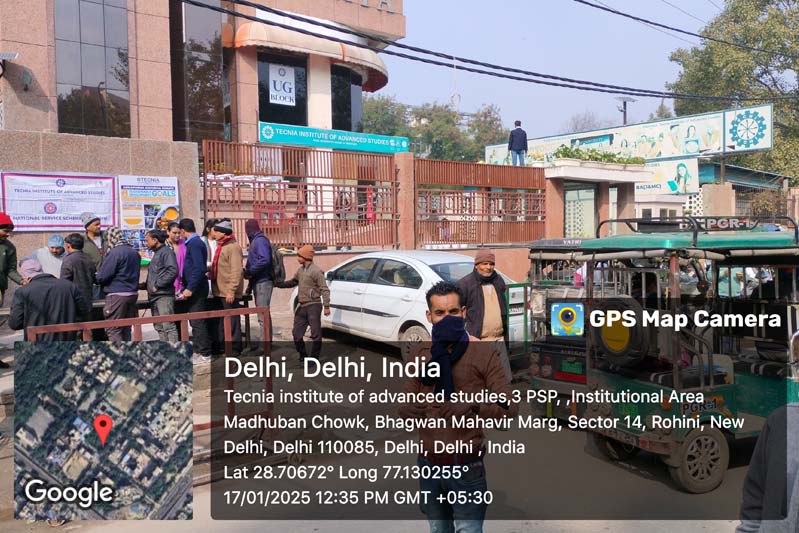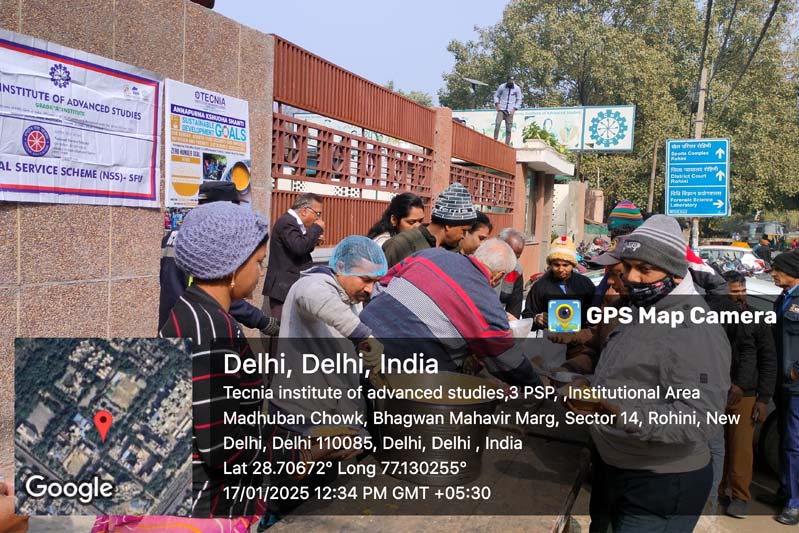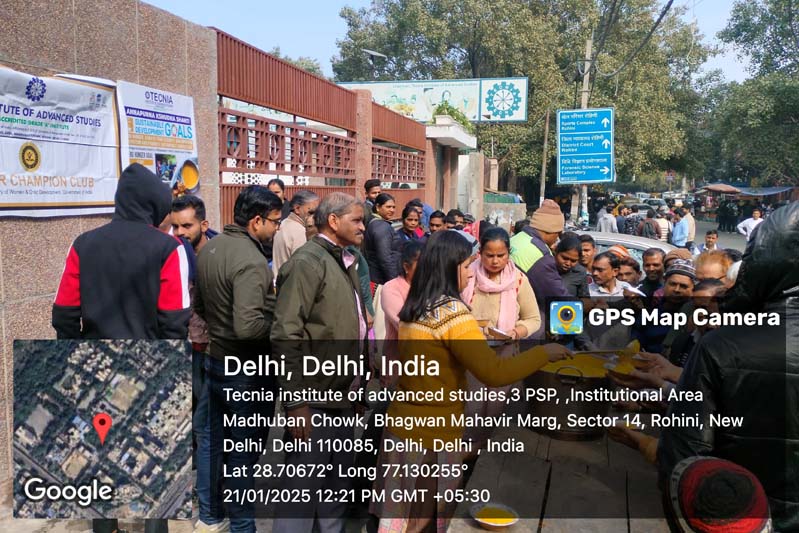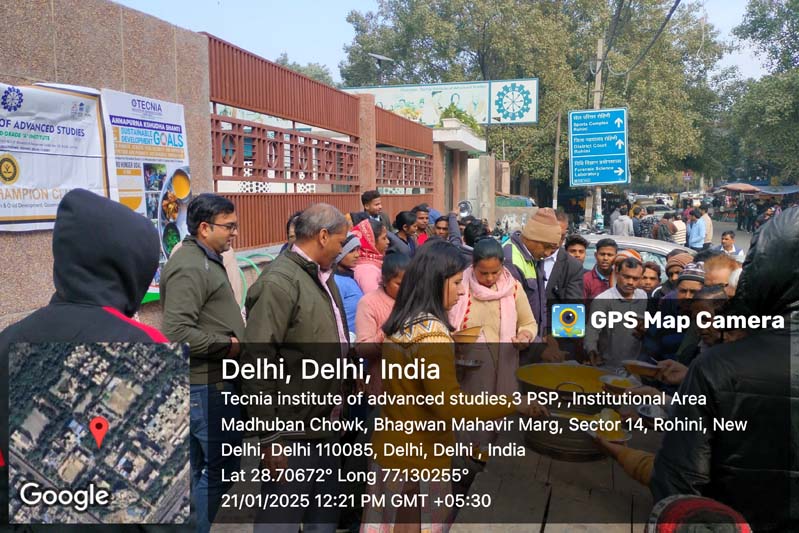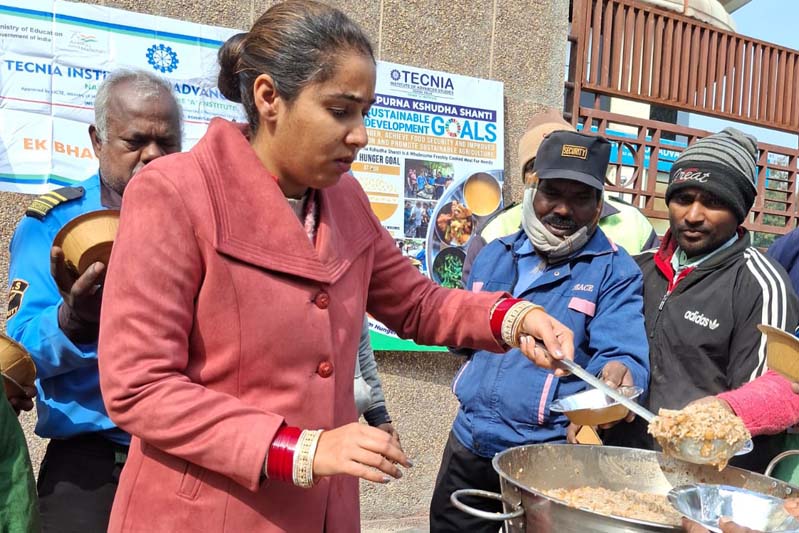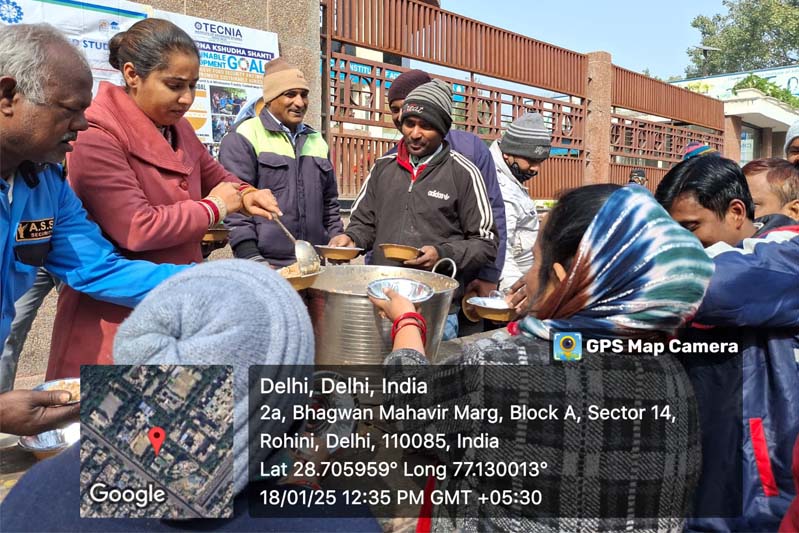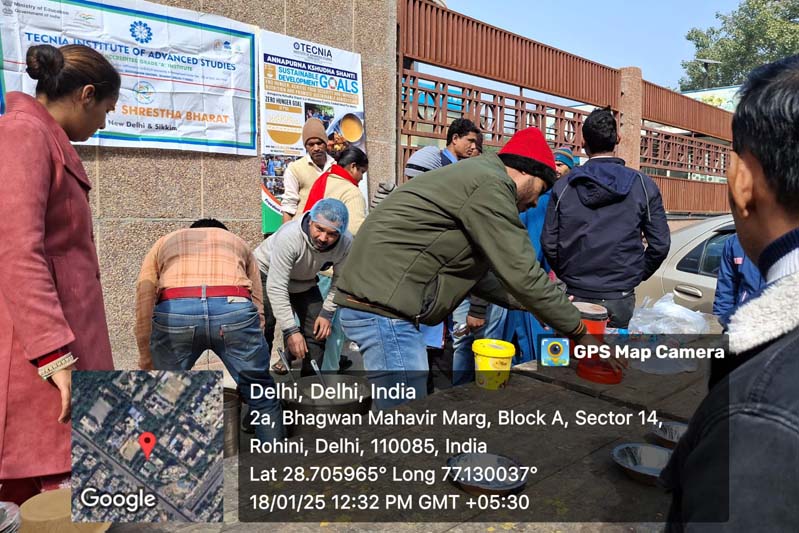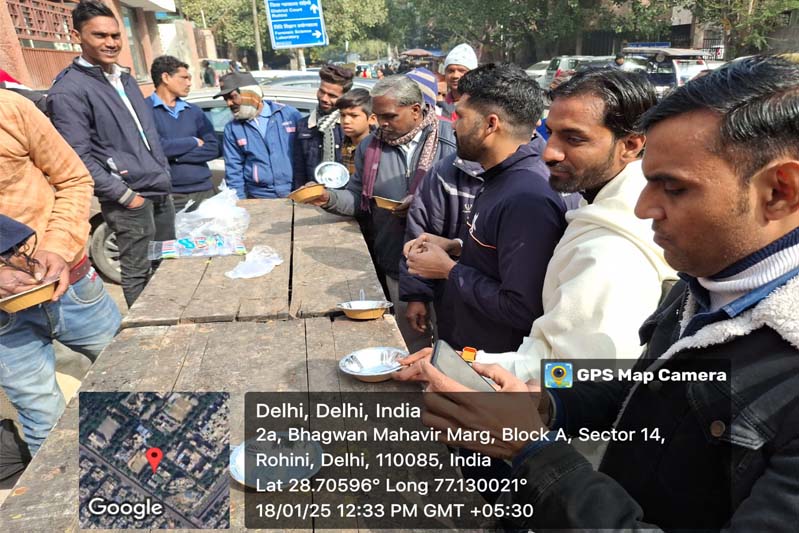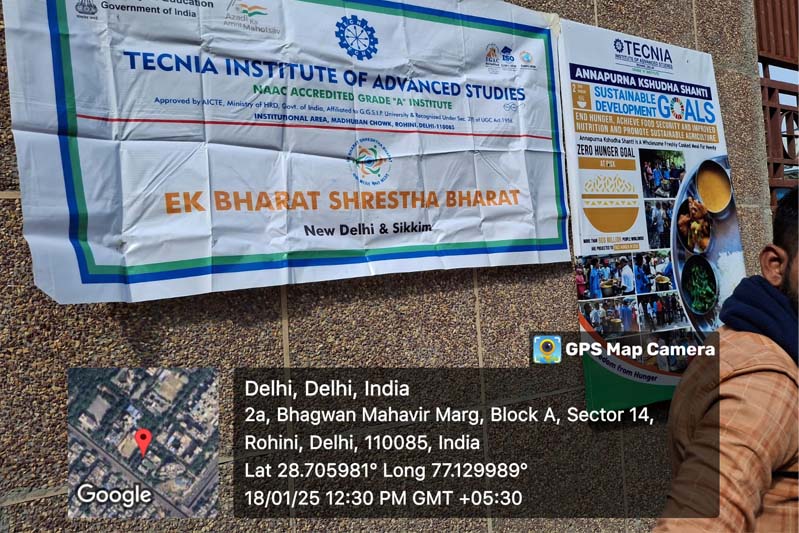
- ANNAPURNA KSHUDHA SHANTI
- SDG GOAL – 2
- TIAS INITIATIVE
- WHOLESOME MEAL
- BENEFICIARIES
- Leadership
- PHOTO GALLERY
- Appreciations
Annapurna Kshudha Shanti
Drawing inspiration from the revered Hindu goddess Annapurna, also known as “Maa Parvati”, the institute’s initiative is grounded in the values of sustenance, care, and generosity. Annapurna, in Hindu tradition, is regarded as the goddess of food and nourishment, with her name literally translating to “provider of abundant food.” One of the most well-known myths surrounding Annapurna is that she provided sustenance to Lord Ganesha, embodying purity and selflessness in the act of feeding others. This powerful symbol of nourishment has become the heart of the institute’s work, with its initiative aiming to provide food to those in need. The institute’s program seeks not only to fill stomachs but to do so in a way that honors the dignity, respect, and humanity of those it serves, much like the goddess herself.
Sustainable Development Goal (SDG) 2: Zero Hunger.
Since 2017, the institute has been working diligently to contribute to society, particularly in addressing one of the most pressing global challenges identified by the United Nations under Sustainable Development Goal (SDG) 2: Zero Hunger. This ambitious goal aims to end hunger, achieve food security, improve nutrition, and promote sustainable agriculture by 2030. Recognizing the importance of this global mandate, the institute has aligned itself with these principles. Hunger, after all, is not merely a lack of food but a more complex issue that includes access to nutritious, safe, and sufficient food for everyone. The institute is driven by the understanding that sustainable and equitable access to food is fundamental to creating a just and healthy society.
TIAS Initiative
The initiative, called Annapurna Kshudha Shanti, reflects this divine generosity in its very essence. Its goal is not only to combat hunger but to provide nutritional food that helps individuals maintain long-term health. While alleviating hunger is the primary focus, the program also emphasizes the importance of nutrition, as the institute understands that merely providing food is insufficient if it doesn’t meet the nutritional needs of the recipients. Every day, the institution prepares meals for approximately 500 people, ensuring that all those in need receive adequate and nourishing sustenance. Poor nutrition leads to long-term health problems, further perpetuating the cycle of poverty and hunger. Hence, the food provided through this initiative is meticulously prepared to ensure it is both balanced and nourishing, contributing to the overall well-being of those who consume it.
WHOLESOME MEAL
In addition to its direct benefits for the recipients, the institute’s initiative also aims to instill a deep sense of social responsibility among its students and faculty. By actively involving them distribution process, the institute encourages its community members to be active 3 participants in the global fight against hunger. The act of volunteering within this program is not only a service to others but also an educational experience that fosters empathy, compassion, and awareness of social issues such as food insecurity and poverty.
In addition to its direct benefits for the recipients, the institute’s initiative also aims to instill a deep sense of social responsibility among its students and faculty. By actively involving them distribution process, the institute encourages its community members to be active 3 participants in the global fight against hunger. The act of volunteering within this program is not only a service to others but also an educational experience that fosters empathy, compassion, and awareness of social issues such as food insecurity and poverty.
BENEFICIARIES
This program primarily targets the economically disadvantaged, including the poor, patients attendants in nearby hospitals, those visiting the Rohini District Court, and even the students and staff of the institute. Many of the recipients live on the margins of society, often struggling to access basic necessities, including adequate food. By extending its services to these groups, the institute helps bridge a critical gap, providing relief to individuals and families who might otherwise go without a meal. The act of sharing food in this manner goes beyond just meeting a physical need; it helps foster a sense of community and solidarity.
In addition to its direct benefits for the recipients, the institute’s initiative also aims to instill a deep sense of social responsibility among its students and faculty. By actively involving them distribution process, the institute encourages its community members to be active 3 participants in the global fight against hunger. The act of volunteering within this program is not only a service to others but also an educational experience that fosters empathy, compassion, and awareness of social issues such as food insecurity and poverty.
Leadership
This hands-on involvement has a two-fold impact: first, it strengthens the connection between the institute and the surrounding community, and second, it helps students develop essential life skills. Teamwork, empathy, leadership, and service are all reinforced through this active participation. Students are also exposed to the realities of hunger and poverty, which fosters a deeper understanding of these complex social challenges, encouraging them to become more engaged, compassionate citizens.
Moreover, the institute’s initiative is designed to build bridges between different sections of society. By creating a space where people from all walks of life can come together, the program promotes inclusivity and unity. The sense of community fostered by these food services is invaluable, as it allows individuals who might otherwise remain isolated by their circumstances to feel connected and supported. The experience of sharing a meal, often considered a deeply humanizing act, creates bonds that transcend social and economic divides.
The institute is also committed to ensuring the sustainability of its initiative. This commitment can be seen in the way food is sourced and prepared. The program emphasizes the use of locally sourced ingredients, reducing its environmental footprint while supporting local agriculture. By prioritizing sustainable practices, the institute not only addresses hunger but also contributes to the broader goals of environmental stewardship and sustainable development.
Annapurna Kshudha Shanti is not merely a charitable effort; it represents a holistic, sustainable approach to tackling hunger at its roots. The program addresses both the immediate needs of hunger and the long-term goal of ensuring food security through education, nutrition, and sustainability. In many ways, the initiative is a model of how institutions can contribute to society by aligning their values with the Sustainable Development Goals, creating positive change in their communities while addressing global challenges.
As we move closer to 2030, the year by which the world aims to achieve Zero Hunger, initiatives like Annapurna Kshudha Shanti will become increasingly critical. The fight against hunger is far from over, but through dedication, compassion, and innovative thinking, institutions like this are paving the way toward a future where no one has to go hungry.


